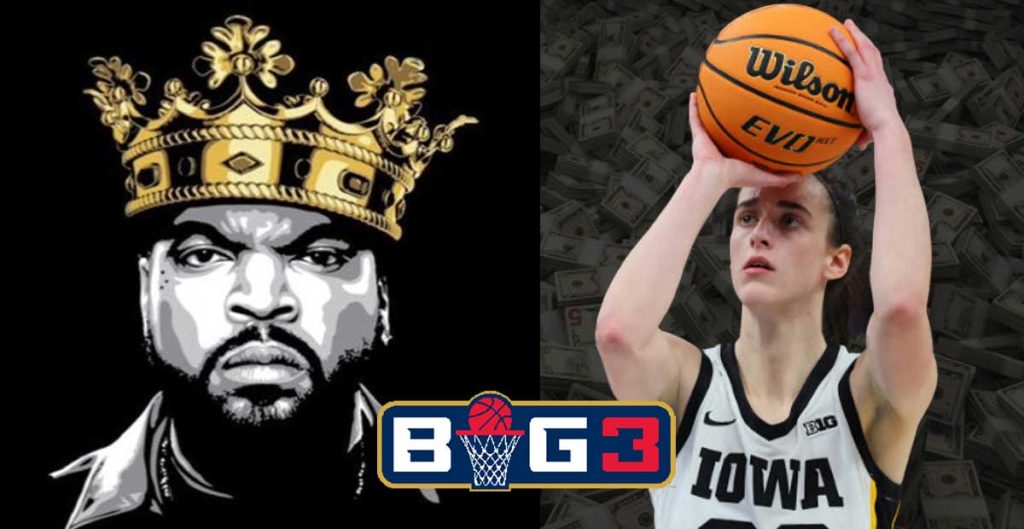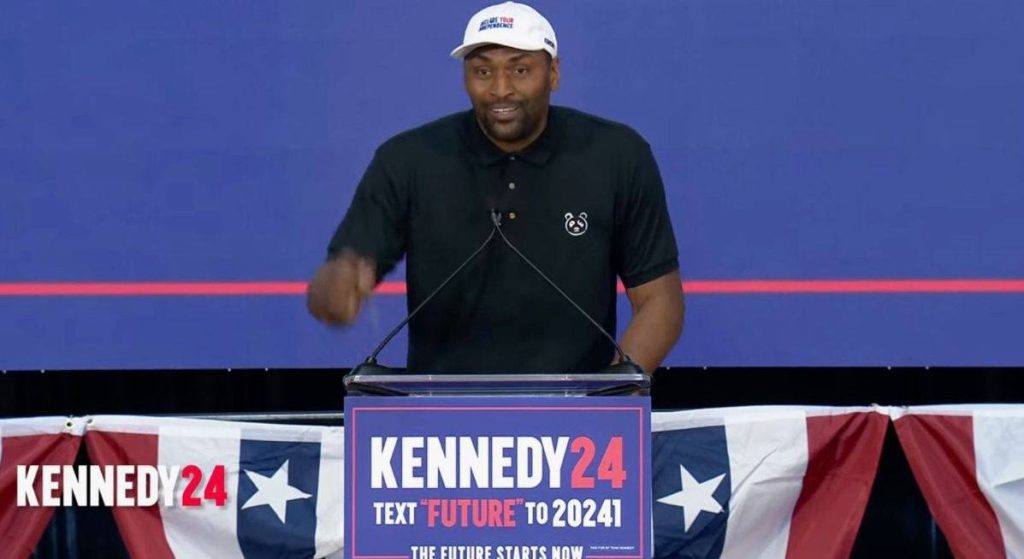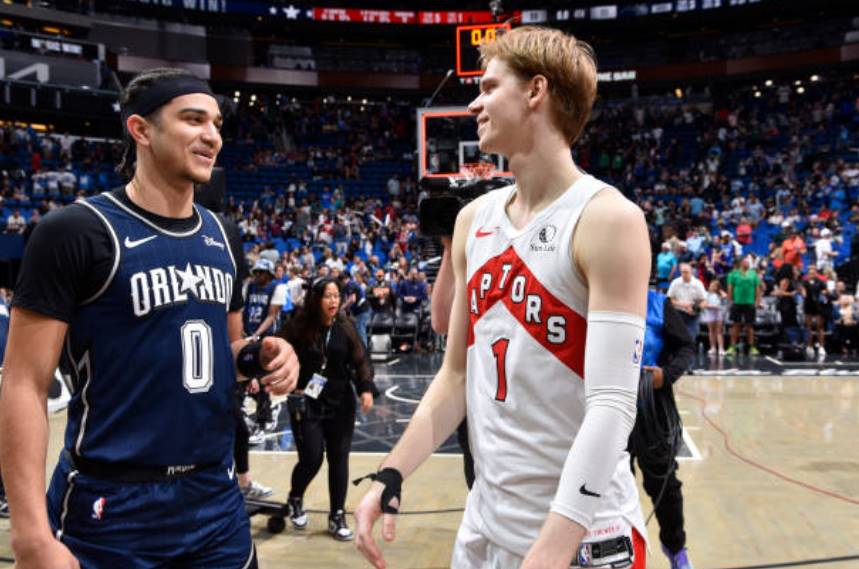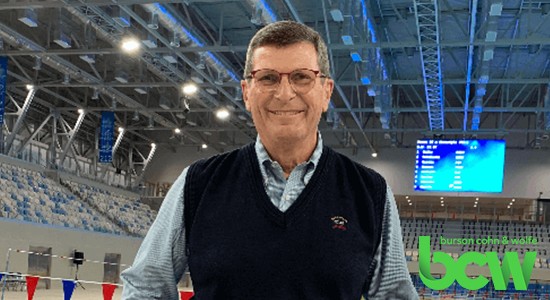
Director Of Global Sport Advisory Firm BCW Sees Opportunity To Catch Up, Grow & Research During COVID-19 Pandemic
Dale Neuburger | Director | Burson Cohn & Wolfe Sports Practice (North America)

A chance to think more creatively, to engage in meaningful research, and to re-connect with past clients.
Dale Neuburger
Director
Burson Cohn & Wolfe Sports Practice (North America)
Before we begin, give us a little update on how your job has changed since the World Health Organization (WHO) declared COVID-19 a global pandemic.
Since March and the advance of COVID-19 in the United States, my world has been turned upside down. Essentially, our clients are mainstays of the sports tourism and hospitality industries, and with virtually no activity in these sectors, our work has diminished accordingly.
However, I see this time period as providing great opportunity: a chance to think more creatively, to engage in meaningful research, and to re-connect with past clients. In many ways, the past two months have been stimulating, as we get a chance to slow down and be more observant and also, more kind. While revenue is down, satisfaction is up, and I am using this unique situation to engage and energize to the fullest degree possible.
Tell us about your role as the Director of the Burson Cohn & Wolfe Sports Practice (North America).
BCW Sports Practice is based in the Olympic Capital – Lausanne, Switzerland.
For the last fifteen years, since 2005, I have been the Director of the North America office of BCW Sports Practice, located in Indianapolis (Indiana), USA.
Our office in the United States collaborates with other BCW offices in the Unites States and in Europe, but our clients are exclusive to the United States, Mexico, and Canada.
My role is to lead the strategic direction of BCW Sports Practice in North America, working with leading cities that are interested in hosting major sports events, and with important sports organizations that seek to improve service to their constituencies.

What does a typical day look like for you?
A typical day includes four primary elements:
- Liaison with other BCW offices worldwide
- Execution of marketing strategy, in particular to motivate and incentivize new business
- Review current work product with existing clients, usually by email and telephone
- Engage in creating work product for current clients or research projects that advance the sports tourism industry
Take us through that realization that a career in sport was right for you.
I participated in competitive swimming from an early age – 8 years old – through my senior year in college at Princeton.
When I was in college and graduate school, there was no developed field called “sports management.” So, my engagement in the sports industry was serendipitous, as I never embarked on a career in sports management; instead, sports management “found” me.
My first sports administration experience was as Aquatic Director of the Syracuse (NY) City School District, where the first 50-meter (Olympic size) pool at a high school was constructed in 1978 (Nottingham High School). We were able to institute a citywide learn-to-swim program for every fourth-grade student in the city – a remarkable undertaking at that time.
I also had the opportunity to manage major aquatic competitions, including most importantly, serving as venue manager for nine sports in the National Sports Festival (a multi-sport event hosted by the US Olympic Committee).
I was always a sports fan of local teams – Buffalo (NY) Bill NFL football; Buffalo Bisons baseball; Buffalo Braves NBA basketball; Buffalo Sabres NHL hockey; and, Syracuse University football and basketball. But I never had a career intention to be a “sports manager.” Instead, each job created new opportunities for sports administration, but without a defined career path.
So, sports were always important to me, but I did not necessarily see this as my career or professional direction at this time.

Would you say your path to your current position was quite easy or rather challenging, and can you discuss why?
Neither easy nor challenging…instead, progressive responsibility, with additional opportunities.
Each job was both rewarding and difficult, but experience is built upon responding well to difficult situations. Challenge was a natural element of such experiences – not feared, just met with resolve.
I learned early in my career that the most important element of future job opportunity was to do your current job well. My mantra was simple: “do your job.” If one does his job and fulfills all of the basic requirements in a very positive way, then other avenues of opportunity open up.

What are the some of the most challenging situations that you face in your role?
Our work with cities bidding for major sporting events presents a range of challenges, form outset to bid completion. Each event bid is different, and each city brings unique resources. My job is to optimize those assets, while minimizing deficiencies. In many ways, bidding for an event is like a political campaign, as we try to demonstrate why the city is best suited to help the event rights holder to make their event more important and more spectacular than ever before.
It is exhilarating to “win” and event, and devastating to “lose” an event. Our winning percentage is about 90%, but one always remembers the losses and the unrealized possibilities.
What strategies you use to overcome those particularly challenging situations?
We know that the “secret” of successful bidding is simple: keeping your promises. Therefore, we always tell cities to be honest about what they can do and what they cannot do.
Promise keeping and trustworthiness are the most important “success ingredients.” There is always a tendency to inflate, to aggrandize – and we try very carefully to help cities understand that credibility and a good track record of honoring their commitments are the most important elements of success.
Also, event rights holders look for cities that show evidence of being able to form good partnerships. The old first-year law school principle holds true: “you can’t have a good partnership with a bad partner.”
We have strong relationships with our clients that transcend one-off projects. We stress honest and candid feedback to our clients. They may not always like what they hear, buy they always know that our advice is rooted in past experience and genuine concern for their well-being.

Tell us about some areas they don’t teach you at school about working in the sport industry that you’ve picked up in your experience.
I don’t think I fully understood how important relationship-building and networking were to career success, as it is amazing how many professional that I work with today are people that I have known literally for decades.
When my son was in graduate school in a sports management program, he and his classmates were told on the first day that “no one here will get you a job…you need to get your own job.” This seems like harsh advice, but it is true, and he was encouraged to follow up every contact within the sports industry with a handwritten thank you note. What great advice! But I didn’t have anything in my experience that approximated this.
So…I wish that I had understood better how important relationship building is to success in sports management.
Credibility comes from being honest and forthright, and thankfully, this has served me well over the years, even if I didn’t understand the term “networking” a few decades ago!
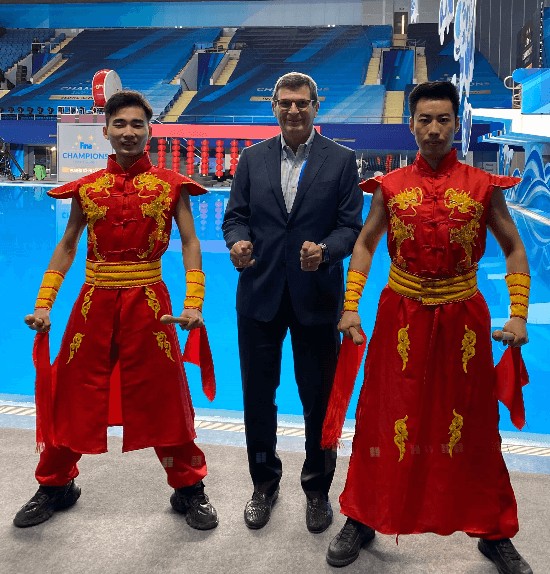
What surprised you the most about starting a career in the sport industry?
The biggest surprise was the breadth and scope of the sports industry.
We generally understand the four major professional leagues and NCAA football and basketball, but, without doubt, the sports industry is so much bigger and so much more diverse.
I find that students tend not to understand that a “career in sports” is like saying you wish to pursue a “career in medicine.” There are almost limitless opportunities, especially now in creating synergy between sports and technology.
And, another surprise to me was the importance of mentorship. My mentors gave me lessons that I apply every day of my career – even today! I was very fortunate to be with and around bright and creative people who were seeking new directions and new opportunities. I learned so much, but I didn’t realize how much I learned until much later!

What are the most rewarding aspects of your job?
My biggest joy is to be associated with talented young sports industry professionals, and in some cases, serving as a mentor or counselor.
The sports industry is changing significantly, and it is most rewarding to be with young influencers who will be the leaders of tomorrow.
And, I have a chance to work with outstanding clients – cities seeking to create exciting options for their citizenry and sports organizations looking for ways to grow and deliver services more effectively.
Hard to find an environment where more exciting change is taking place…and to be in the middle of it is an awesome opportunity.

[get_current_post_author_pic_and_name]
Wow. Dale Neuburger is honest, experienced and quite accomplished! And it’s so true. COVID-19 has negatively impacted most sport organizations. But in typical Dale Neuburger fashion, he provides an honest counter to the negativity – that this time can be used as a chance to think more creatively, to engage in meaningful research, and to re-connect with past clients. I’d like to include connecting with past and potential mentors! Just as UCLA’s Ryan Andersen emphasizes, Dale explained how mentors gave him lessons that he applies every day of his career. Through Dale’s accomplished sport, tourism and hospitality career, it’s clear that keeping positive and keeping it honest are a clear recipe for your own success too!
The Latest





